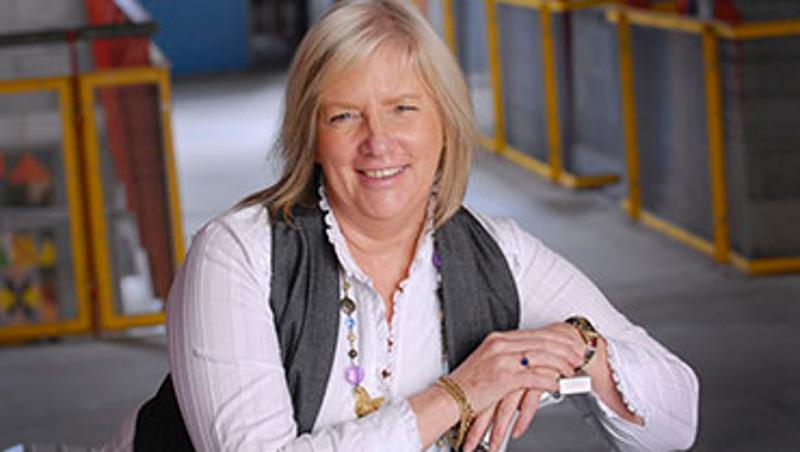
Australian children with disabilities who leave school without basic numeracy skills may face a difficult future and struggle to gain employment, says a QUT education expert.
Dr Bronwyn Ewing from QUT's Faculty of Education, School of Curriculum, is calling for more support for teachers who teach numeracy to students with disabilities.
"Teaching numeracy to a diverse group of learners is challenging," she said.
"Teachers show strong commitment to support students with learning maths but they can struggle to provide engaging instructional practices and activities due to limitiations in knowledge and access to multi-sensory equipment," she said.
Dr Ewing said 45 per cent of Australians with disabilities live in or near poverty, based on the 2012 Human Rights Commission report.
She said a poor education was one of the key reasons why the economic and social participation rate of Australians with disabilities was so low.
Dr Ewing said underachievement in numeracy was persistent and severe for children with disabilities, with many under-represented in national testing.
"Despite the mandate that all students are assessed, NAPLAN test performance and achievement of students with disabilities is largely missing and students are either exempted or withdrawn from testing," she said.
"This situation represents a significant gap in student numeracy data and has consequences for schools, students, teachers, parents and resources for teaching programs."
She said students with intellectual, physical, hearing and vision impairment can struggle to learn essential numeracy concepts and skills at primary and secondary levels of schooling.
She said QUT's YuMi Deadly Maths program had been designed to lift standards of numeracy and was being used in 12 Education Queensland Special Schools.
"What is known is that gaps in student learning of numeracy firmly manifests itself in the early years with students performing in the bottom 25 per cent in later grades," she said.
Dr Ewing said early results from the program had seen high levels of engagement with enhancing students' numeracy from 48 participating teachers.
"The program supports teachers with applying multimodal forms of teaching to enhance the multi-sensory ways that students can learn about maths," she said.
Dr Ewing said forms of learning included seeing, hearing, touching and muscle movement, visual, auditory, kinaesthetic, and tactile learning aids memory and retrieval skills.
"There is a need for connecting the importance of content to everyday life to increase engagement and motivation and create meaning, a necessary condition for learning," she said.
Dr Ewing has been assisted in the project by Professor Tom Cooper, Associate Professor Grace Sara and Mrs Jan Cavanagh from QUT's YuMi Deadly Centre with a view to improve the teaching of mathematics to students with disability from Prep to Year 12.
Media contact: Debra Nowland, QUT Media Officer, (Mon, Tues, Thurs), 07 3138 1150 or media@qut.edu.au


